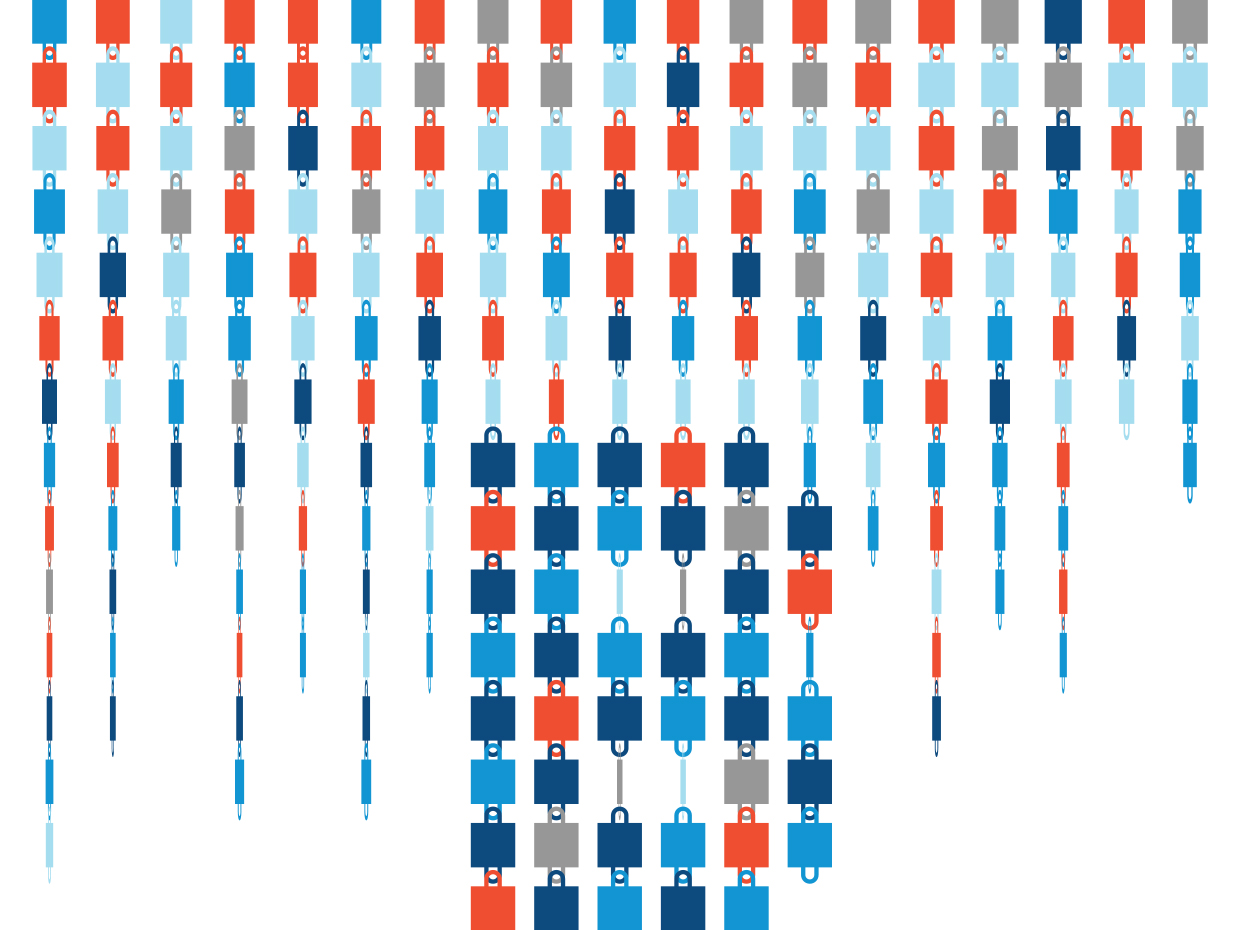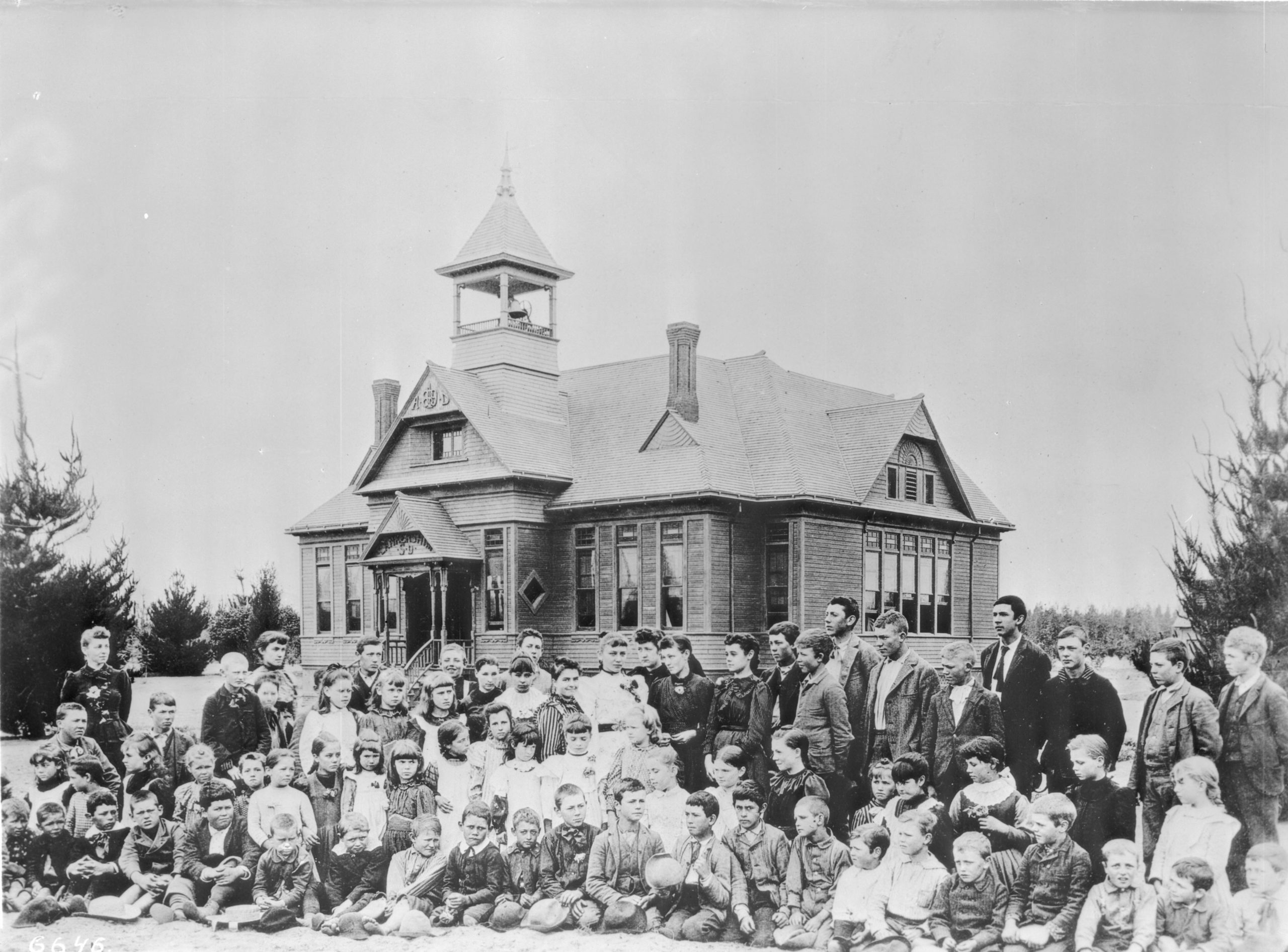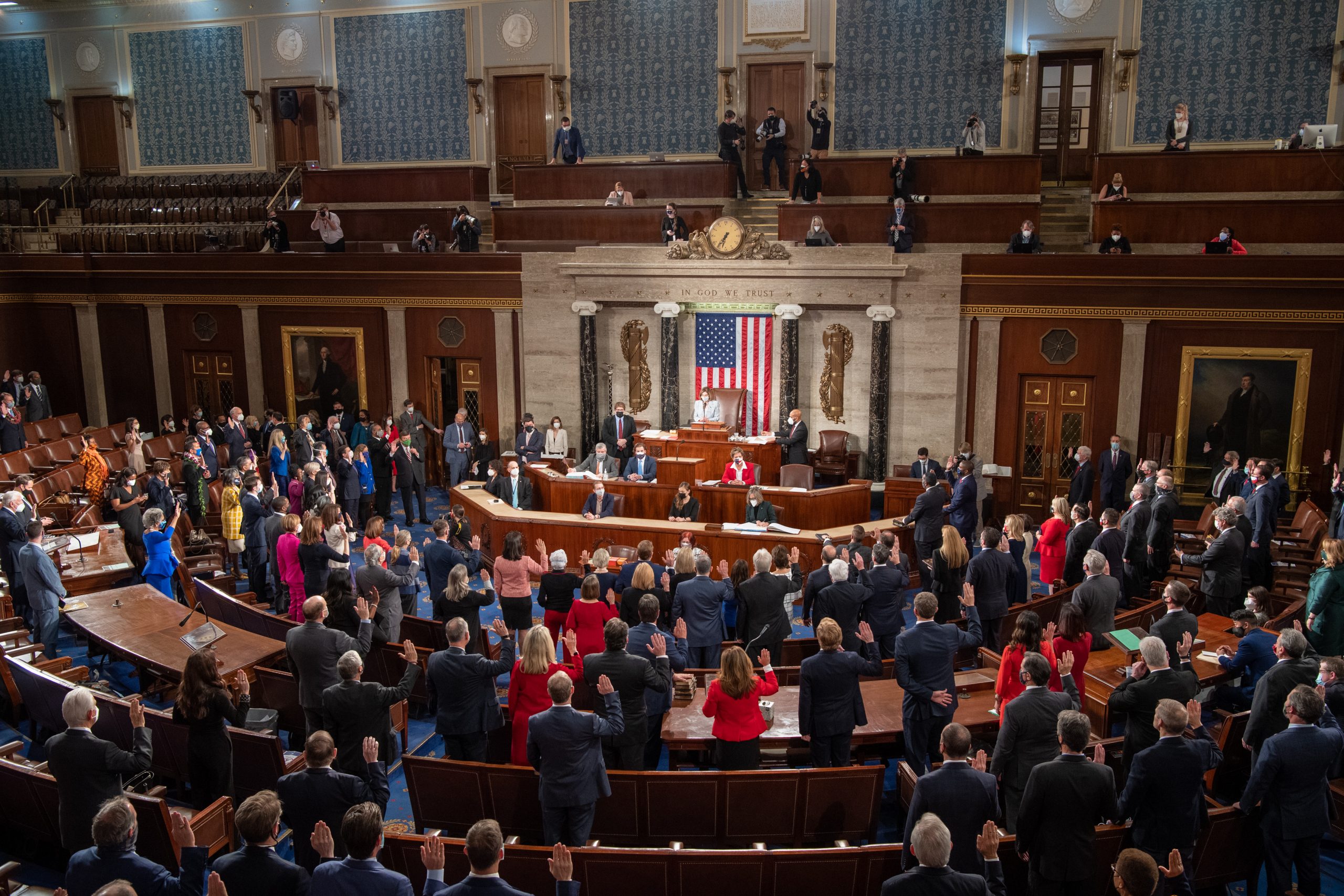How Do Standards Proliferate?
- Home Page 400

Blockchain
Today’s we break down open source standards for distributed ledger technologies now rolling out across the education sector; with particular interest in smart contracts and enterprise blockchain use cases for real asset registries and financial management of nearly every dimension of the education industry. Use the login credentials at the upper right of our home page.
Standards California
We continue our roll out of our user-interest collaboration architecture to school districts, colleges, universities and university-affiliated healthcare systems in all 50-states. To lower #TotalCostofOwnership for the #SmartCampus every state will managed with sensitivity to each state’s history, culture, governance regime, asset-base and network of expertise.
Standards Michigan remains the “free” home site but related state-specific sites such as Standards California will be accessible to user-interest code-writers and vote-getters. Please send bella@standardsmichigan.com a request to join one of our mailing lists appropriate to your interest for #SmartCampus standards action in the State of California.
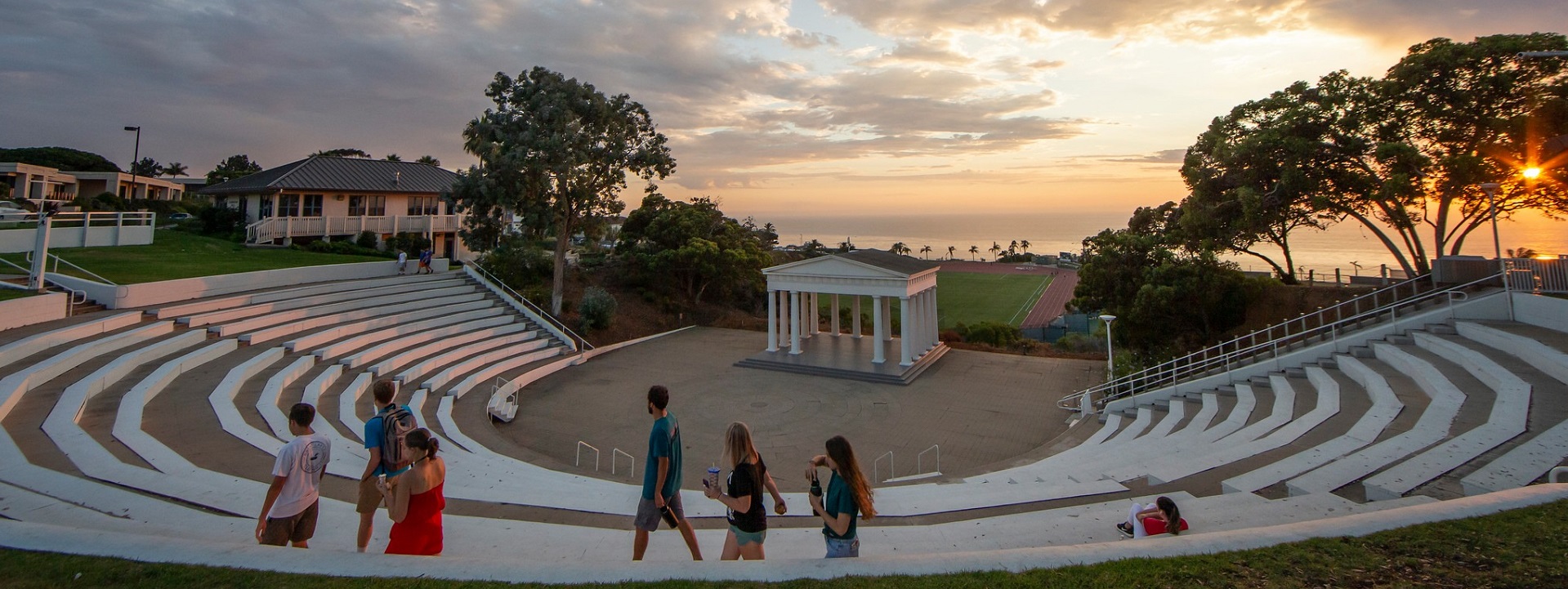
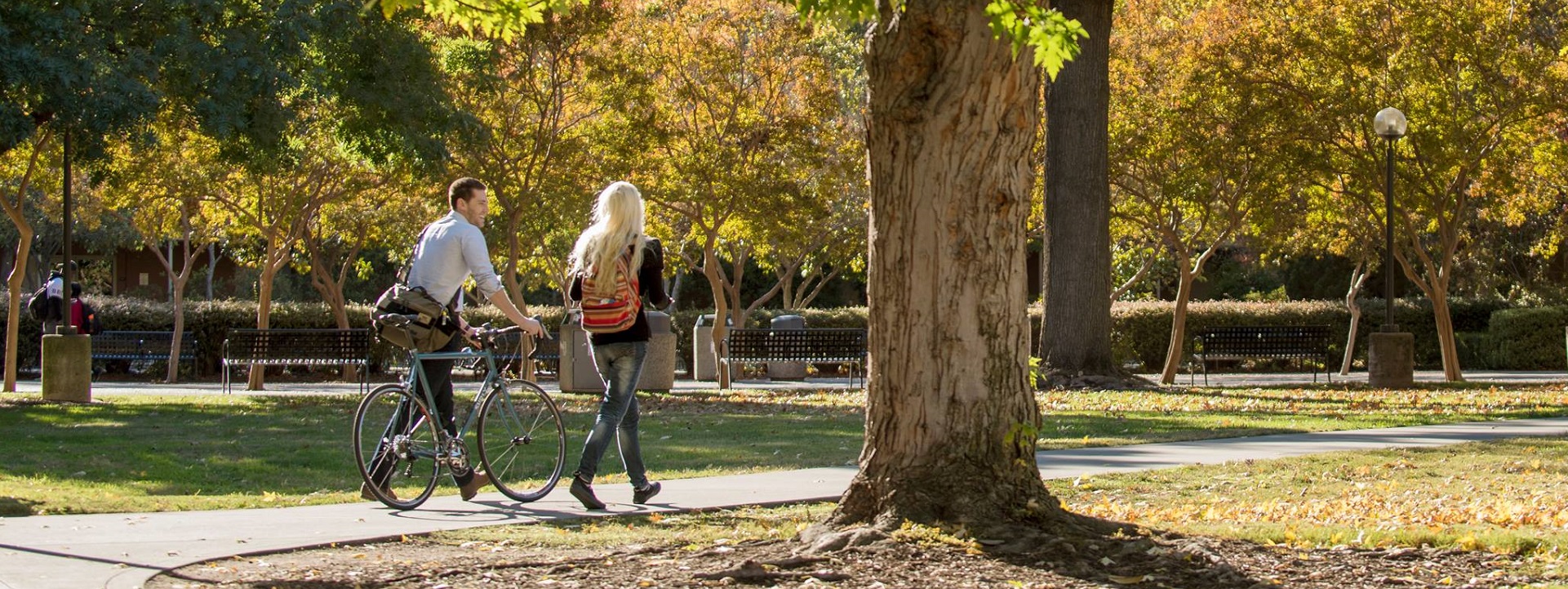



California is not just a state; it is a nation onto itself, and one of the five we closely follow for state exceptions and/or additions to accredited consensus products developed for US building industry market.
University of California Office of the President Construction Services
School Construction/Modernization Design Standards
LEARN MORE:
Electronic Municipal Market Access / California
The 2020-21 Budget: Higher Education Analysis
Current Consultations
This content is accessible to paid subscribers. To view it please enter your password below or send mike@standardsmichigan.com a request for subscription details.
Always Open
This content is accessible to paid subscribers. To view it please enter your password below or send mike@standardsmichigan.com a request for subscription details.
Ceteris paribus
This content is accessible to paid subscribers. To view it please enter your password below or send mike@standardsmichigan.com a request for subscription details.
Standard Aptitude Test for United State Congresspersons
This content is accessible to paid subscribers. To view it please enter your password below or send mike@standardsmichigan.com a request for subscription details.
Standing Agenda / Hello World!
This content is accessible to paid subscribers. To view it please enter your password below or send mike@standardsmichigan.com a request for subscription details.
New update alert! The 2022 update to the Trademark Assignment Dataset is now available online. Find 1.29 million trademark assignments, involving 2.28 million unique trademark properties issued by the USPTO between March 1952 and January 2023: https://t.co/njrDAbSpwB pic.twitter.com/GkAXrHoQ9T
— USPTO (@uspto) July 13, 2023
Standards Michigan Group, LLC
2723 South State Street | Suite 150
Ann Arbor, MI 48104 USA
888-746-3670



